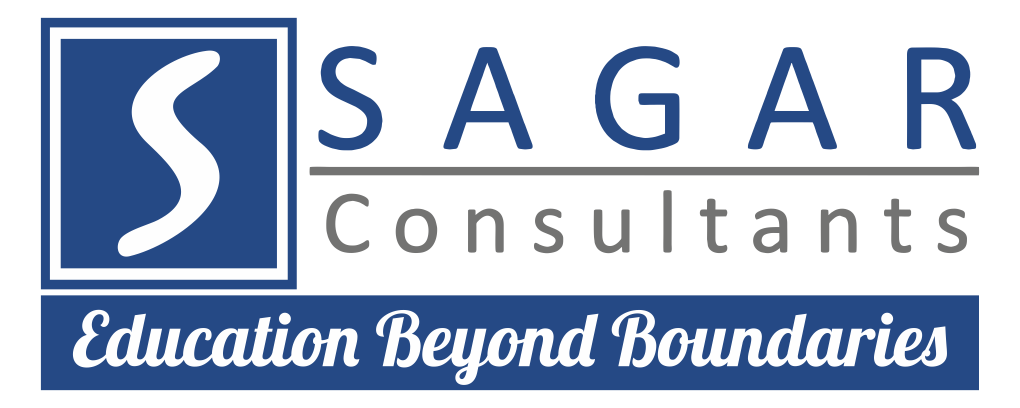How to Get PR in Canada After 2 Year Study – Canada Immigration

- December 23, 2019
- Comments: 0
- Posted by: Admin
Canada is one of the popular choices among people aspiring to settle abroad. A lot of people prefer Canada over other countries for studies as it is not expensive, like Europe and has also been rated among the best places to live in the world. Canada has the lowest pollution, excellent public transport, free medical, and other factors that are a driving force for an increasing number of immigrants in the country.
The people who go for studies in Canada further have this question if is it easy to get PR in Canada after study. The answer is yes, you can! There are specific requirements that one needs to fulfill to get a PR and live peacefully in this wonderland. Students often like to plan ahead and know the procedure for applying for a Permanent Residence (PR) after completing their studies. If you want to know all the details, procedures and requirements for getting PR in Canada after study, check out the below-given information.
Canada’s immigration offers opportunities to one and all for PR after completing the entire PR process. There are three ways in which you can apply for PR:
- Canadian Experience Class (CEC)
- Provincial Nominee Program (PNP) for provinces such as British Columbia, Alberta, etc.
- Quebec Experience Class
How to Get PR in Canada After 2 Year Study?
Among these three methods, the most conventional and easy way is to apply for PR through CEC. This procedure comes under the Express Entry system of immigration in Canada. All the three procedures require a score that falls under the CRS pool of the province in PNP or general for CEC One can know their eligibility for immigration by calculating their CRS (Comprehensive Ranking Score). This score is calculated based on the following factors:
1. Age
People who are under the age of 30 get 10 points more comparatively.
2. Level of Education
The minimum requirement for applying to CEC is two or more degrees. The higher education level, such as Masters or Ph.D., will boost up your score. The level of education is decided as per the analysis of the degree done by World Education Services (WES). A degree earned in Canada can help to increase your score. A master’s or postgraduate diploma earned in Canadian Universities will be beneficial. Here is when people who have studied in Canada will benefit.
3. Required language skills:
You need to be proficient in either of two languages: English or French. For this, you need to clear the IELTS exam for the English language and TEF for French. Many provinces like Quebec have a large French-speaking population. However, if you are not comfortable with French, you can appear for General Training IELTS that is acceptable for PR. For getting a higher CRS, it is crucial to score well in all the modules of the test.
You can contact a consultant to get language training and can also sign up for IELTS classes in your area. The professionals or the consultancy will be able to help you the best for getting the desirable score.
4. Job experience in Canada or other countries
Having job experience is crucial for applying for PR. Applicants should have a valid job full-time job experience in Canada or any other country. If you do not have job experience, then you can also mention the job offer if you have any. Work experience of less than a year in Canada will also fetch you some points. Even if you have no previous experience, a valid job offer in Canada will help you to get higher CRS.
5. Proof of funds
It is vital to have some funds with you to survive in Canada for the initial months. The Canadian government asks the applicants to have a minimum of CAD 12,500. You can prove these funds by getting a letter from your bank from the same.
Should you opt for Express Entry or PNP?

Once you know your score and eligibility, you can further proceed by making a profile and uploading it. In Express Entry, the score is a little higher, which is somewhere near 450-475 points. You can apply for CEC without a job offer and wait for the Invitation to Apply (ITA). If your CRS is lower than 420, then it is better to choose PNP. For applying via PNP, you need to have a job offer in the province you want to apply in. For this, you can upload your resume in the pool and wait for the employers to select you. In PNP, you can choose only one province, whereas, in CEC, you can choose any place in Canada except Quebec.
Do students with their education in Canada have extra points?
The answer is yes, they definitely have. While calculating the score for all the required fields, a Canadian degree can fetch you 15 points more than the people who have not studied in Canada. This will give you an upper hand and also increase your overall CRS.
Also, you require to get your medicals and biometrics done for applying for PR. Obtaining a Police Clearance Certificate ( PCC) is also mandatory for the same.
Concluding Remarks
Applying for a PR is easy in Canada if you have already studied there. International students can also apply for PR as the process is not that difficult, and you get a direct PR for the country. The entire process requires a lot of documents and proofs. It is better to have a consultant who can guide you with the whole PR process to avoid errors and delay in getting the Visa. The consultancy can help you in getting all the documents in one place and completing the procedure before time. So if you are planning to get a PR after studies, then Canada is the right place.
